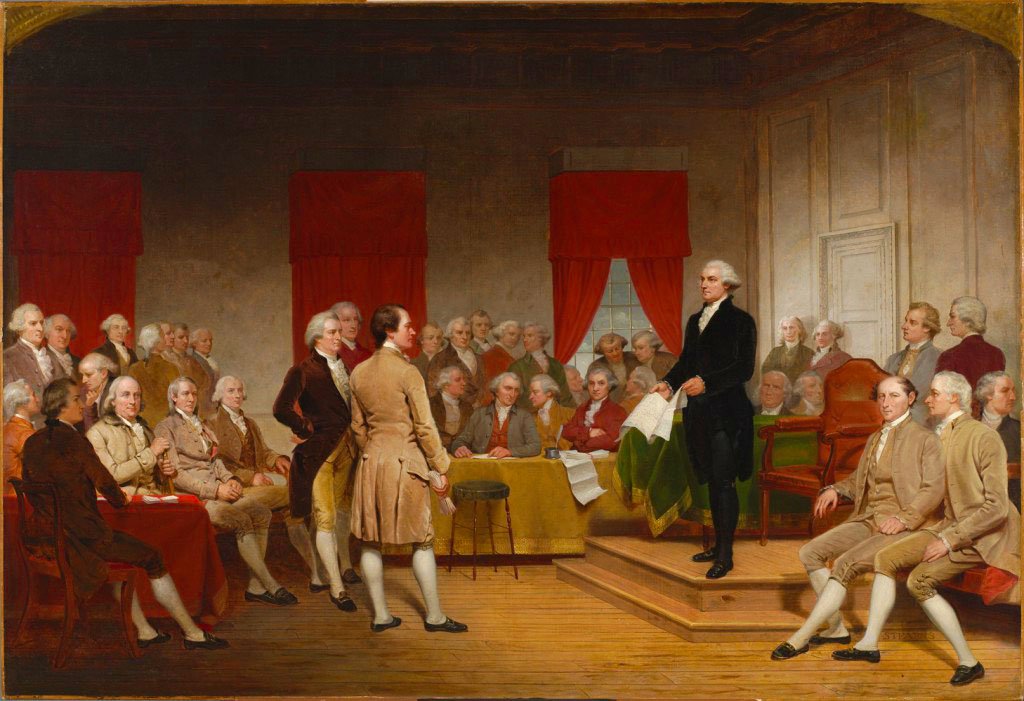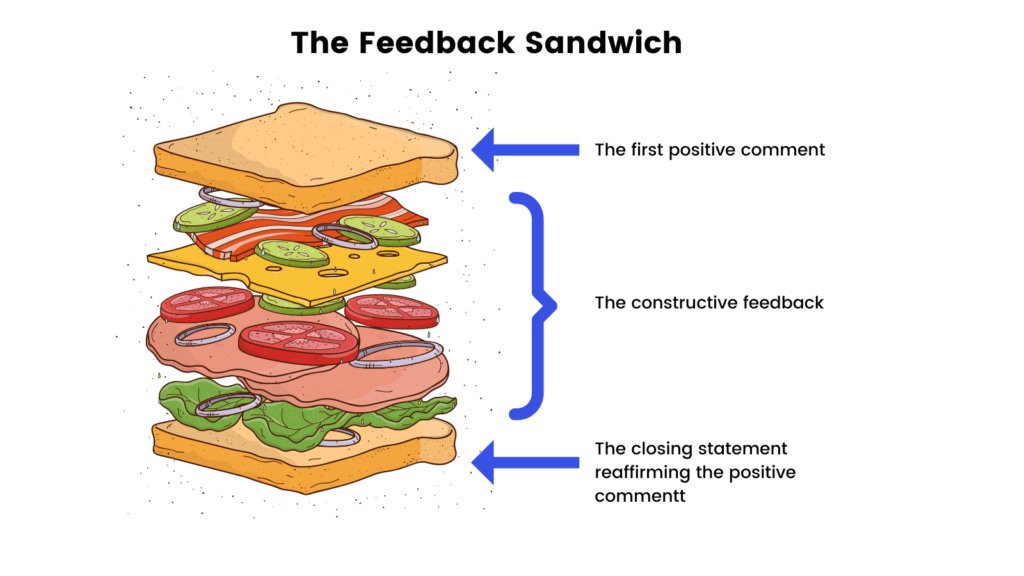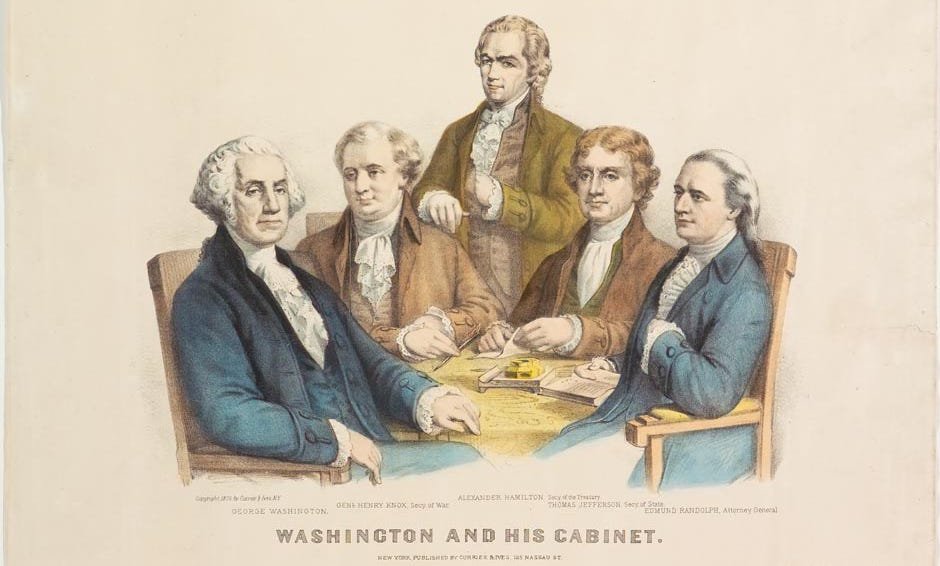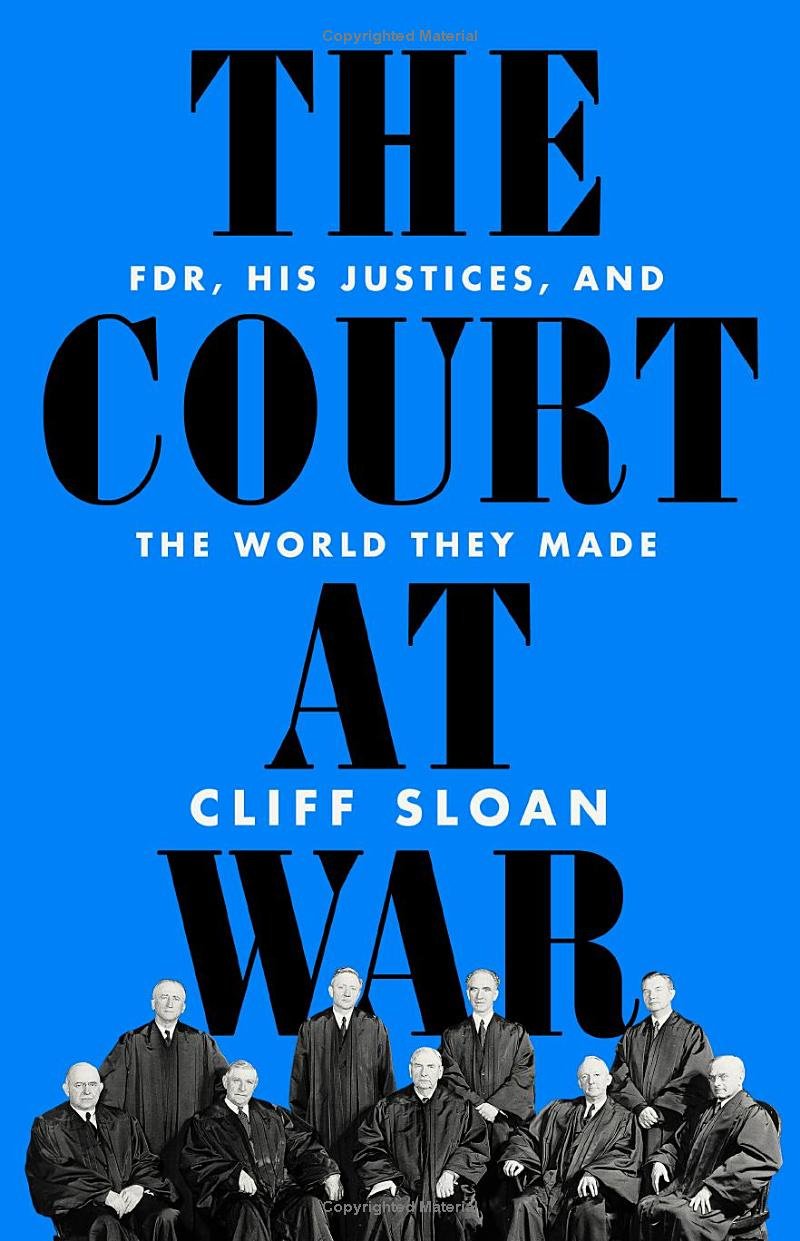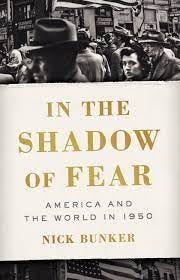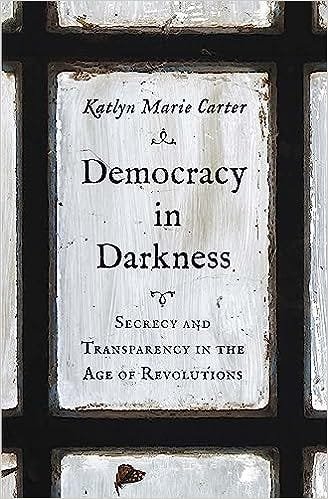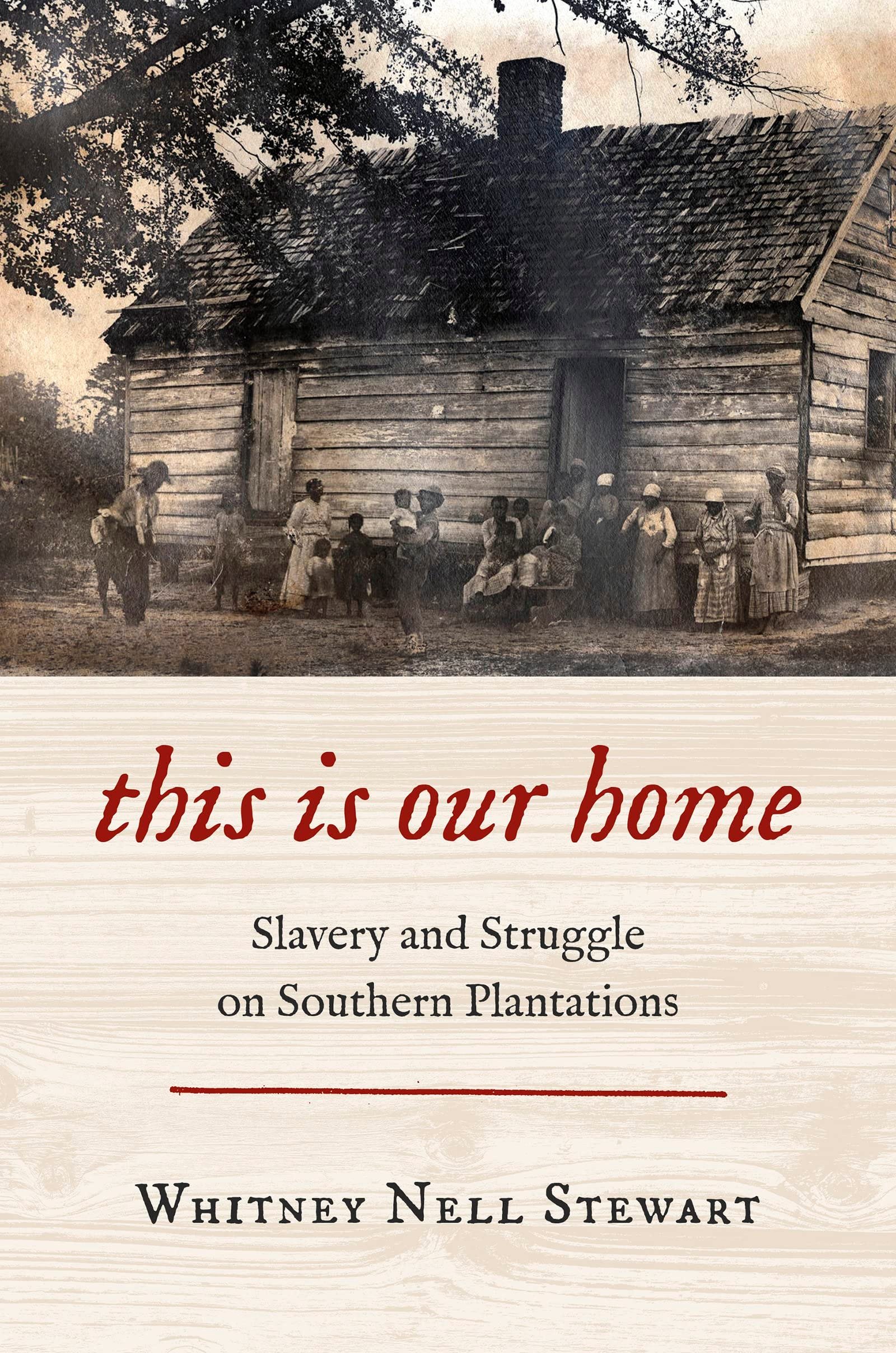Reclaiming Joy for Constitutional Day
September 2023 Imperfect Union
Last month I wrote about the challenge of conversing about history with multiple perspectives and interpretations. I was tempted to dive into this subject at the end, but the more I thought about it, the more I felt it deserved its own essay. The subject makes me a bit nervous because I worry it could be read as overly Pollyannaish or worse, hagiographic. That is very much not my intent, so I’m hoping it comes through clearly.
I am an avowed podcast junky. Everything from history to tech to politics to business to sports. In the last month or so, two different podcasts from two very different people touched upon a concept that sparked a realization.
On an episode of Pivot with Kara Swisher and Scott Gallaway (I can’t remember which one, there are so many episodes), they were talking about Democrats should take back patriotism, liberty, and masculinity. Then, last week, I was listening to Shield of the Republic while traveling. Mona Charen was the guest, and it was a super interesting discussion. I really like this podcast because it challenges some of my preconceptions and makes me think about foreign policy in a new way. I don’t always agree, but we are always on the same page about the importance of democracy and national security.
This episode was about the new “useful idiots.” In 2003, Mona wrote a book called Useful Idiots that analyzed how criticisms of the United States and rhetoric from the far left was deployed by the Soviet Union, the Communist Party in China, and their allies in their propaganda. In the last few years, a similar phenomenon has occurred, but this time its criticism of the U.S. from the far right being used by Viktor Orban in Hungary and Vladimir Putin in Russia.
I really recommend listening to the conversation because it’s nuanced and thoughtful, and I’m certainly not doing it justice. It made me think about the concept of owning our national history and using it for good.
Which brings me to my argument: we need to recapture our joy in history. Sunday, September 17, is Constitution Day. I’ve spent the last several weeks (and will spend the next week) talking about all things Constitution—the good, the bad, and the ugly. Last night someone told me I look like I’m having so much fun and enjoy my work. Of course I love my work! It’s so interesting, at least to me, otherwise I wouldn’t have selected it! But that gets at this underlying assumption that historians are bored by history or saddened by it or embarrassed maybe? I’m not entirely sure.
Perhaps some of this assumption comes from the old, dated textbooks that just listed dates and legislation. Or the image they have in mind of stuffy old professors (just google stock photos of historians). But there is another more pernicious alternative. We see a lot of news coverage about book banning, removing tough subjects from history books, and garbage publications that just make stuff up. But the people driving those policies and book bans are often a tiny, but very loud minority. We cannot allow a tiny percentage of Americans to own our history. Nor can we allow them to own enjoyment in our history.
I think part of the problem is that this minority has effectively painted the rest of us as unhappy or miserable or constantly down on history. Now that’s obviously not an accurate description. But I think we can center joy and write a new narrative.
Let me be clear. I do not think we should only teach and write and talk and read about the happy moments. I don’t think we should be cavalier with tough subjects or insensitive to the pain caused by difficult history. These stories must be handled with care. But I also don’t think we should allow ourselves to be serious or dour all the time.
Management training teaches this concept called the “compliment sandwich.” New teachers are also encouraged to utilize this method when offering writing feedback. When you need to give someone feedback or constructive criticism, you sandwich it between two pieces of praise or positivity. This approach is applicable for history too.
Here is an example that I might have written about before (I know I’ve discussed it with some readers, but I just can’t remember!). I have spent much of the last three years talking about George Washington, the cabinet, and his role creating the presidency. Given the topics of my scholarship, you might be surprised to know that one of the first questions I receive every single time has something to do with slavery, race, or Native Americans. And these audiences aren’t the ones who you would predict would be asking these questions. While I don’t attempt to hide Washington’s real flaws and failings, I naturally discuss his contributions and service. I think because audiences are relieved that I’m not trying to “cancel” Washington and clearly respect his significance to the nation, they feel safe to ask tough questions. We’ve had fantastic conversations as a result.
I’m not saying everyone should work on the same subjects or do things like I do. I certainly don’t have all the answers and I make plenty of mistakes. I’m also better at speaking to a public audience than teaching a semester-long class. But I also think there is a nugget of value in this approach.
It’s ok to celebrate the good things in our history. It’s ok to celebrate the victories. It’s ok to have fun and tell silly stories and laugh. Historic figures weren’t serious all the time and we don’t have to be either. Even those in the worst circumstances found moments of joy and it’s worth sharing how they did so. It doesn’t excuse the suffering or pain but brings forth the humanity.
There are many pressures to be serious. As history has become increasingly contentious, the academy is hemorrhaging positions and funding, and expertise has lost much respect. It’s tempting to be serious to get people to take us seriously. But that can lead to the dry and stodgy reputation so many of us fight against.
One of the best examples I know is Dr. Ronald A. Johnson. (I hope he isn’t embarrassed by me writing this publicly). Dr. Johnson teaches history at Baylor University. He teaches about the Revolution, slavery, and diplomacy, and how they often overlap. He never shies away from the hard subjects and is intensely inclusive in his teaching. But he is pure joy. He celebrates victories and uplift whenever possible. He is enthusiastic.
Not everyone can be a teacher like Ronald, that’s an impossibly high bar. But he’s the embodiment of James Baldwin’s quote: “I love America more than any other country in the world and, exactly for this reason, I insist on the right to criticize her perpetually.”
What people forget about that quote though, is that you must love her. And it helps to show love if you want people to hear the criticism. Give her a compliment sandwich! The nation’s history, especially moments of triumph like the Revolution, the Founding, the Civil War, etc. should not be ceded to any one political party or those who are endeavoring to undermine democratic institutions. Let’s reclaim the joy and success of these moments, while also acknowledging that we have yet to live up to their most inspired principles. That would be a pretty darn good way to celebrate Constitution Day.
Books:
Currently Reading: The Court at War: FDR, His Justices, and the World They Made by Cliff Sloan (September 19, 2023)
Up Next: In the Shadow of Fear: American and the World in 1950 by Nick Bunker (October 3, 2023)
Coming Soon: Democracy in Darkness by Katlyn Marie Carie (October 31, 2023)
On the Horizon: This Is Our Home: Slavery and Struggle on Southern Plantations by Whitney Nell Stewart (November 14, 2023)
